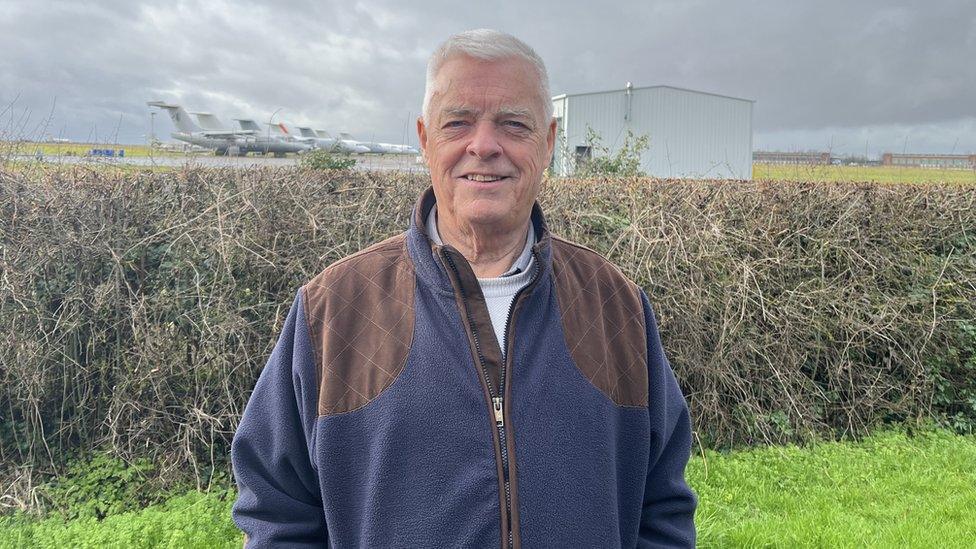Test flights can begin for new electric aircraft
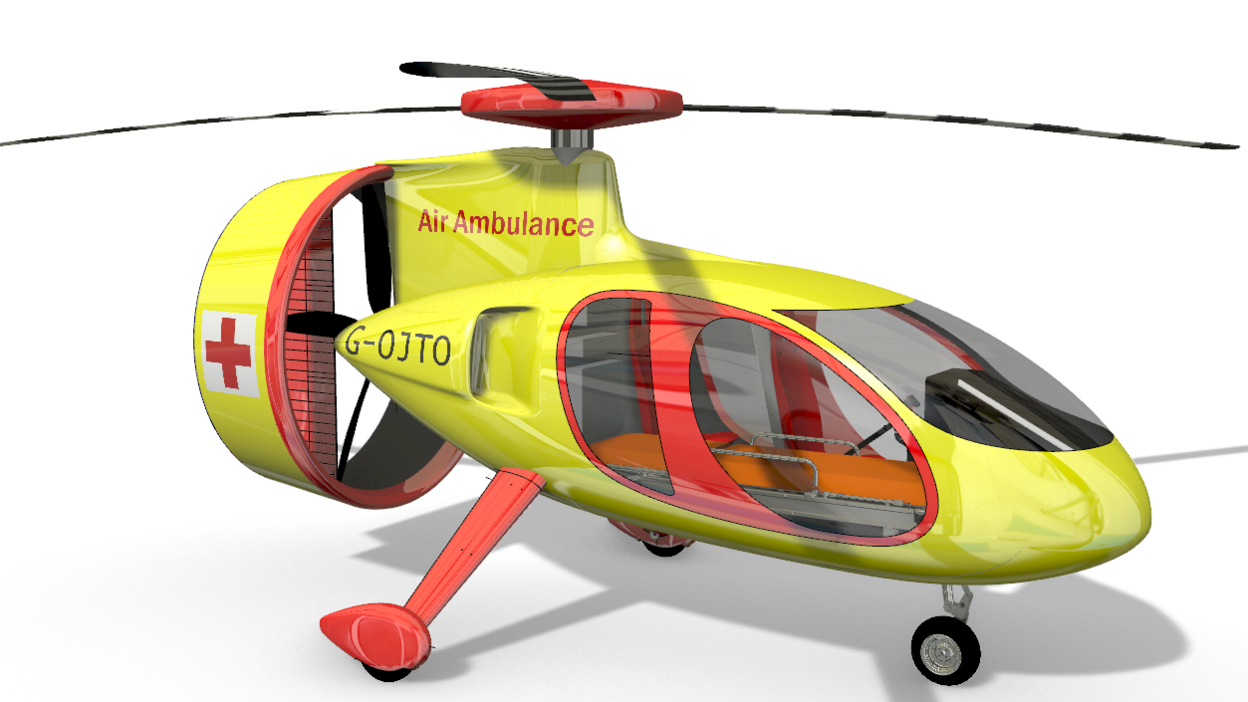
The Avian Pegasus can take off independently of a runway
- Published
A company has been given approval to develop a new type of electric and sustainable aircraft that does not require a runway.
ARC Aero Systems, based at Cranfield in Bedfordshire, has secured Civil Aviation Authority (CAA) certification for a "gyroplane" to support rural areas and emergency rescue services.
The self-charging hybrid-electric engine does not require e-charging facilities and can run on a range of available fuels, including hydrogen.
It has been given an E Conditions certificate by the CAA, which means test flights can now take place.
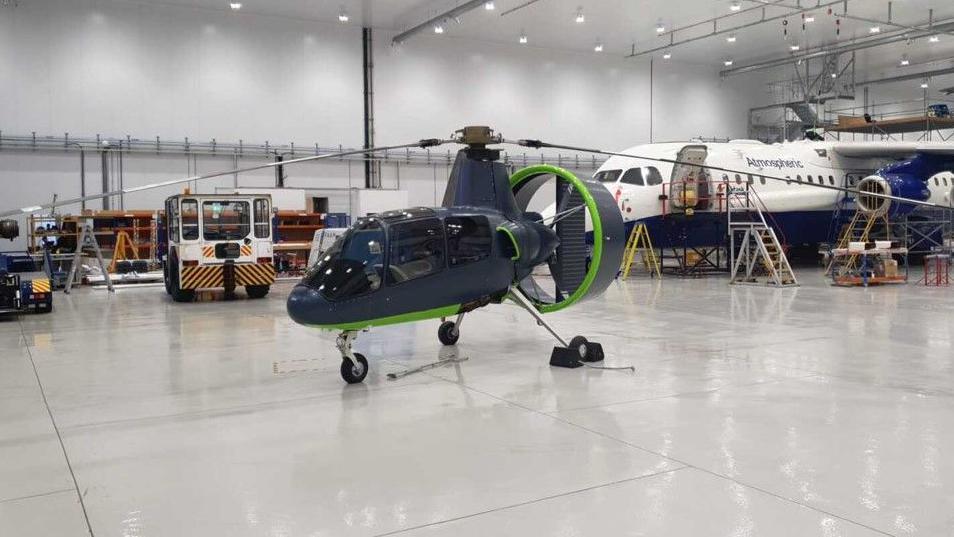
The Avian Pegasus is based on a 1960s design
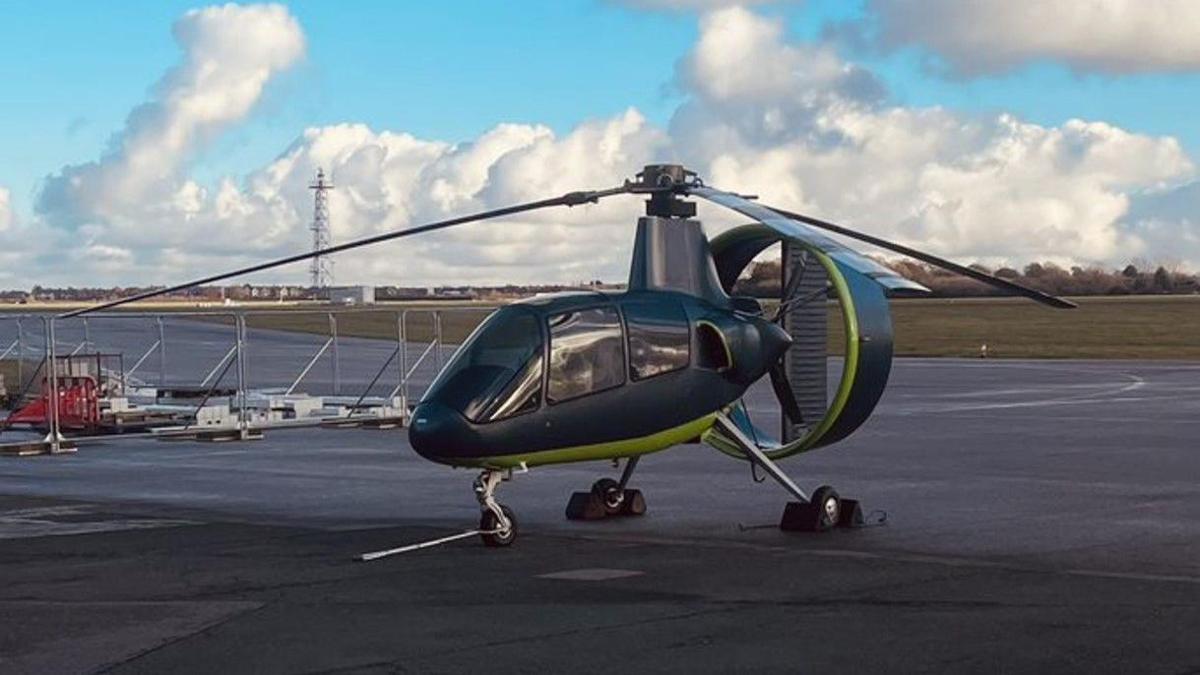
Some 15 Avian Pegasus aircraft have been secured for sale so far
ARC has launched a new round of investment looking for further funds of £1.5m from private investors and a crowd funding campaign.
It previously raised about £9m from established investors, including the British Business Bank.
The company has been modifying the Avian Pegasus, a gyroplane developed in the 1960s that never entered production.
Norwich-based charity SkyAngels Air Ambulance, external had bought 10 of the Pegasus aircraft and a further five will be commissioned by a Scottish-based pilot training school and an aerial service operator.
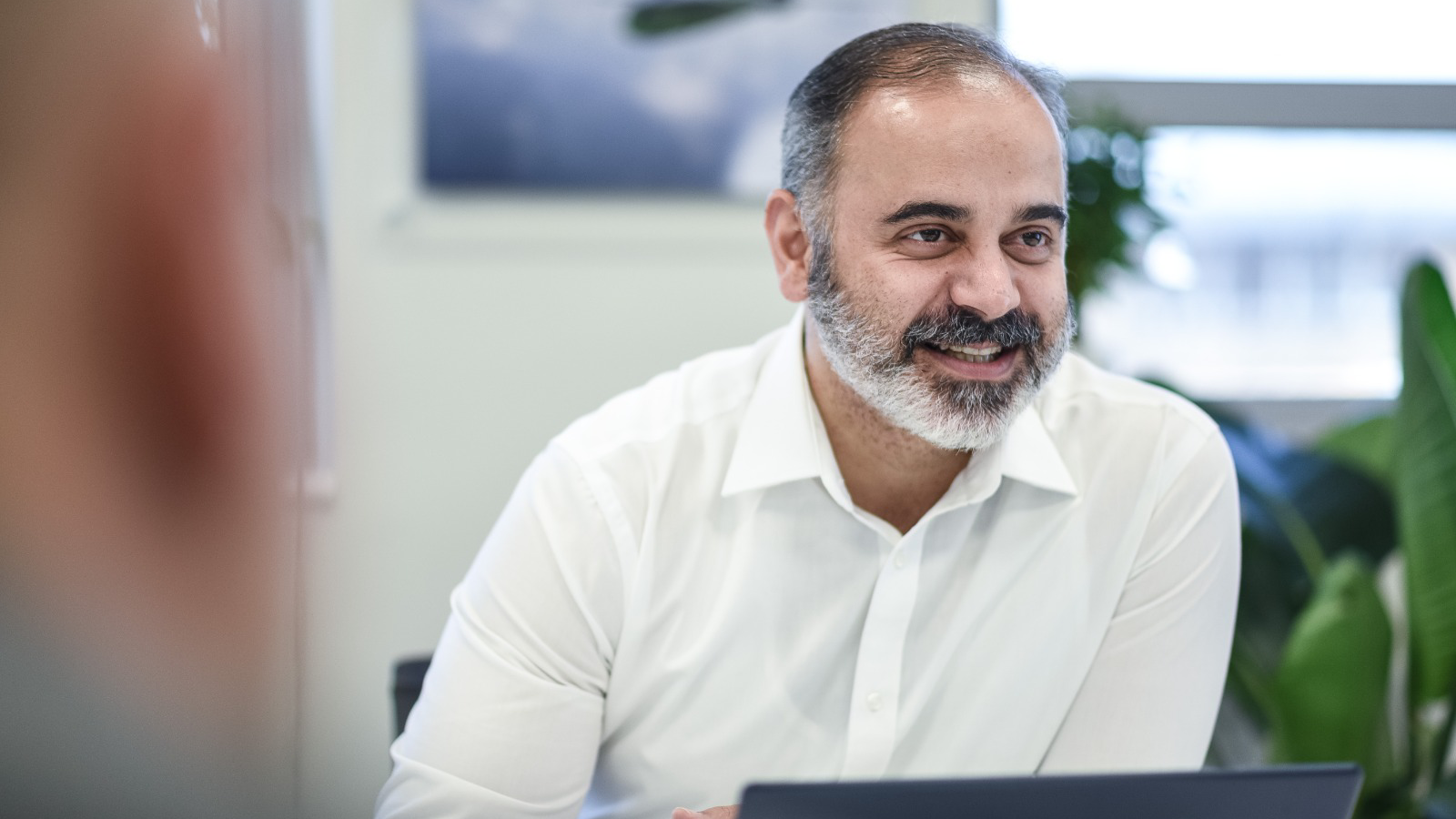
ARC Aero Systems chief executive Seyed Mosheni said the aircraft was a n "innovative proposition"
ARC’s founder and chief executive Seyed Mosheni said he was delighted to have secured the certification for the aircraft.
"We are at an exciting stage in our development and already securing advance orders for Pegasus demonstrating the wider market confidence in our innovative proposition," he said.
"This current investment round offers investors an opportunity to join our journey and help drive the business forward as we prepare to enter a market that is set to increase five-fold by the end of the decade.”
Follow Beds, Herts and Bucks news on Facebook, external, Instagram, external and X, external. Got a story? Email eastofenglandnews@bbc.co.uk, external or WhatsApp us on 0800 169 1830
Related topics
More stories on the BBC
- Published21 May 2022
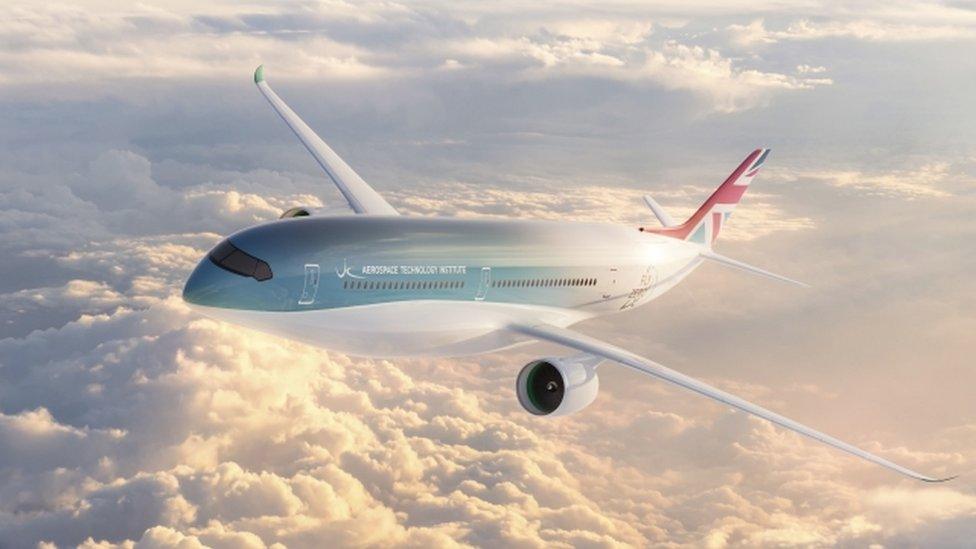
- Published30 April 2024
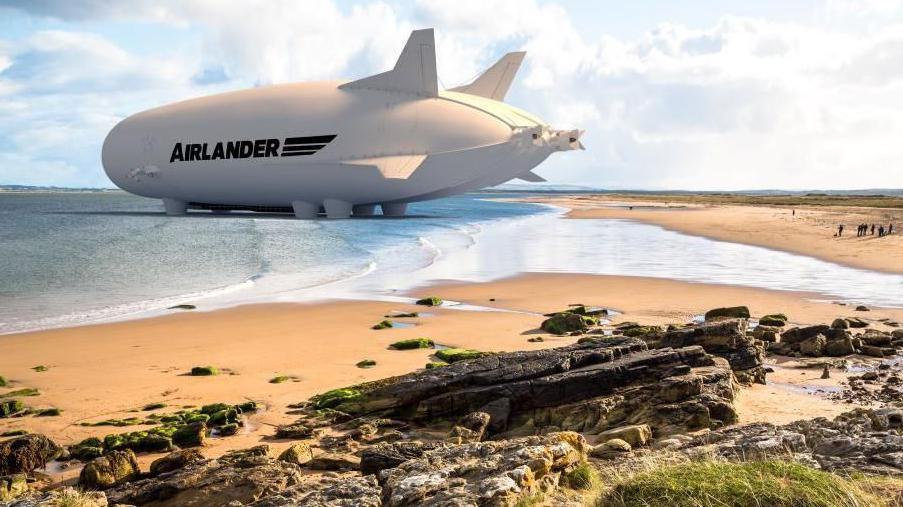
- Published2 March 2024
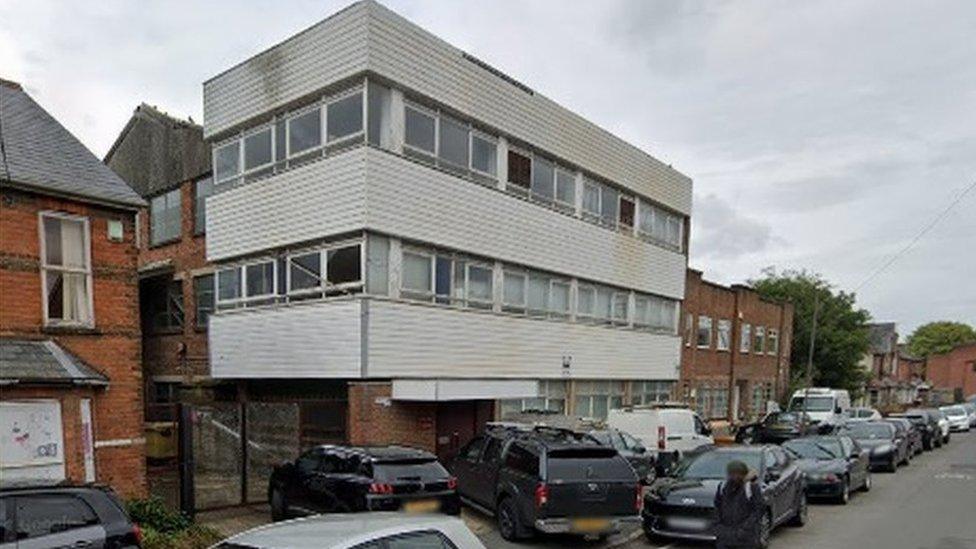
- Published13 September 2023
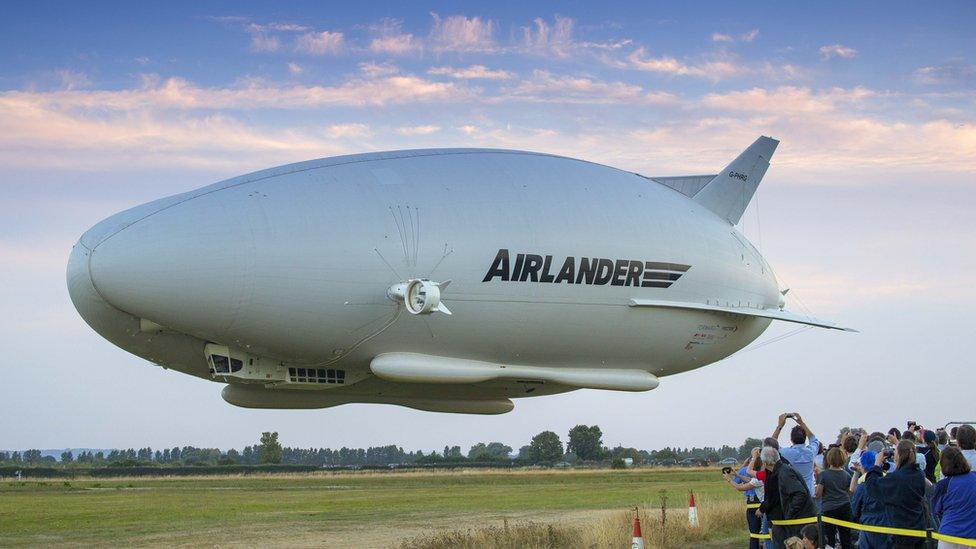
- Published12 February 2024
